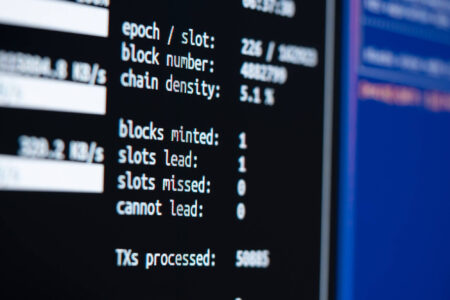The term block reward refers to an incentive mechanism for validators in a blockchain transaction. This reward compensates participants (often referred to as "miners") for their computational work in maintaining the integrity and security of a blockchain network.
In cryptocurrency systems like Bitcoin and Ethereum, the block reward plays a central role in ensuring the continuous operation of the network and the creation of new digital coins. In Proof-of-Work blockchains, miners are in constant competition to solve complex mathematical puzzles as they validate transactions and add them to the blockchain.
Block rewards as an incentive mechanism
As a reward for their efforts, the network releases a predetermined number of newly minted cryptocurrency coins, which become part of the circulating supply. This process is crucial to establish consensus among participants and incentivize them to contribute their computational power to secure the network.
Over time, the block reward in many cryptocurrency networks is reduced at specific intervals. This phenomenon, known as "halving," is introduced to control the rate at which new coins are introduced into circulation. It ultimately contributes to scarcity and can drive up the value of the cryptocurrency.
Rewards extend beyond the crypto sector
The concept of block rewards extends beyond cryptocurrencies and also applies to other blockchain-based systems. Examples include systems focused on supply chain management or decentralized applications, where participants are rewarded with tokens or assets for their contributions to the network's functionality.









